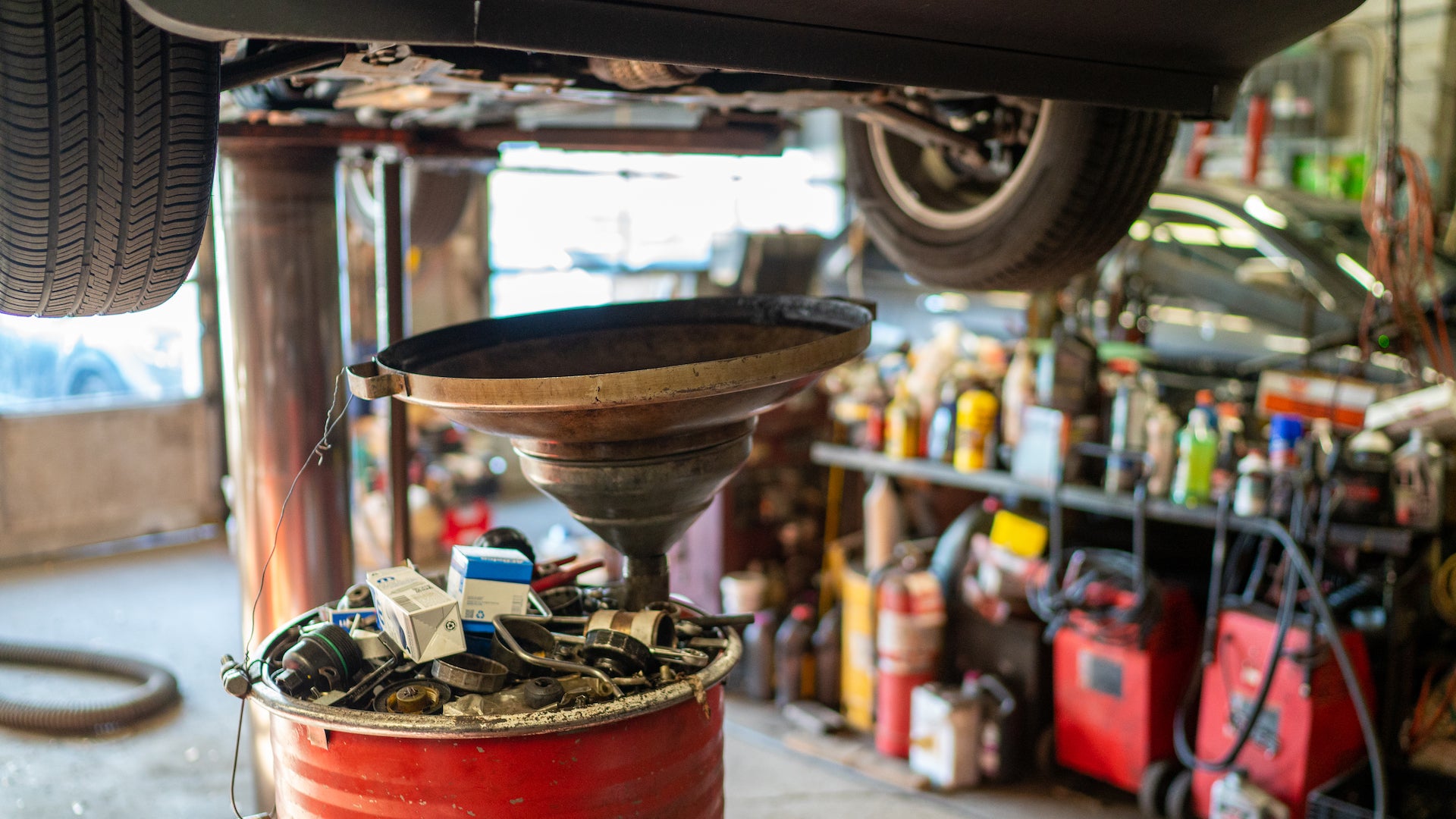Patman
Staff member
Most cars with an oil life monitor will have you go way past a year. For my Chevy, driving 5k miles per year, the OLM says to change the oil around two years.
That is started to change though, my C6 Corvette did not have a time factor so I could go two years and it would be around 10% oil life by then. But my C7 Corvette has a time factor so even if I didn't drive it at all the OLM would still count down to zero at the 12 month mark. A lot of guys who drive low mileage are very surprised at the first time they noticed that happen and they would only have 1-2k on the oil.


